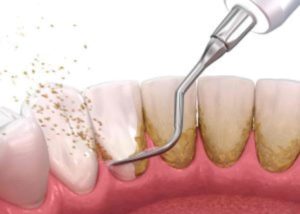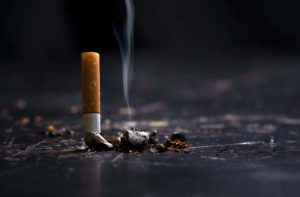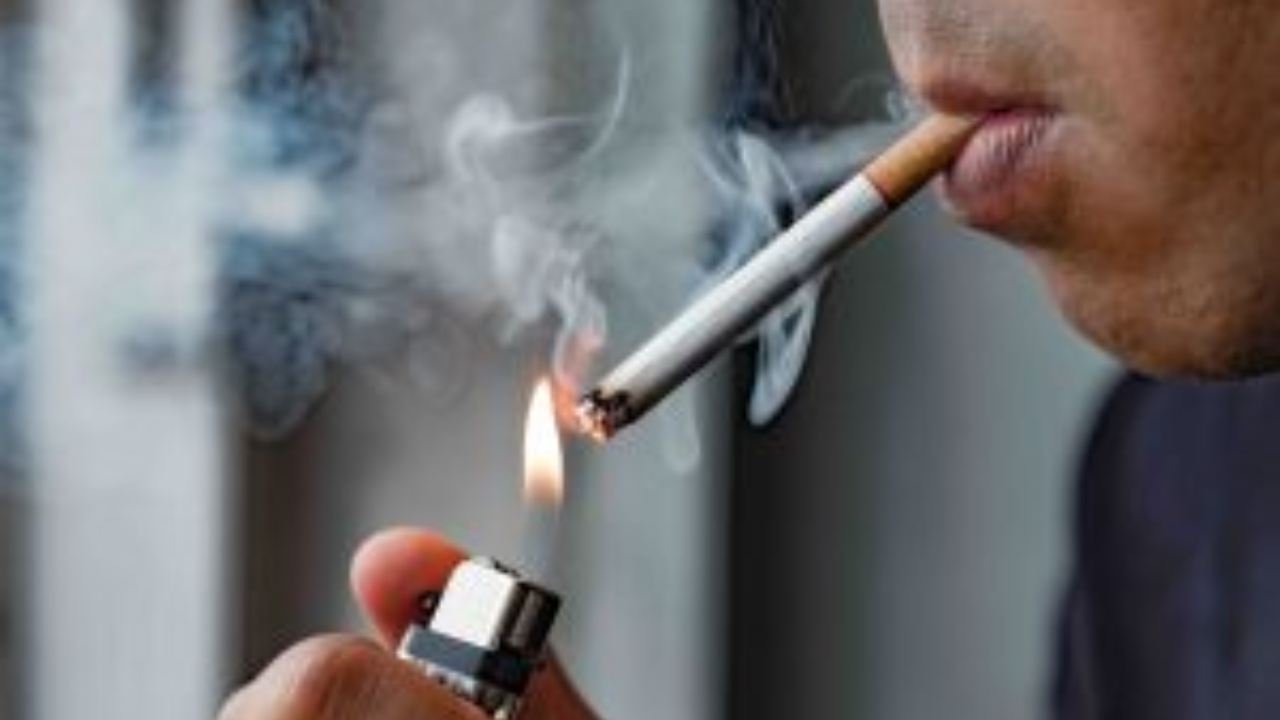Kick the smoking habit! It is bad for your oral health and smoking damages teeth. Eventually, your teeth will show signs of discolouration and wear and tear. Of course, it is understandably difficult to quit straightway, but there are alternatives to help you kick the habit.
If you’re conscious about how your teeth look, yet you smoke, then keep on reading, as you will learn what happens to your teeth when you regularly smoke and how smoking damages teeth.
Discolouration
The tar and nicotine in tobacco products cause your teeth to stain. Brushing teeth at home may keep your teeth clean from bacteria but it will be difficult to lighten your shade again. The extrinsic part of your teeth will degrade and become yellow or brown. A trip to the dentist will be required for in-chair dental cleaning which will help remove some of the stains. You may also consider using baking soda toothpaste a few times a week.

Coating Teeth With Plaque And Tartar
Regular smoking causes dry mouth. This means your saliva levels in the mouth are low, and saliva helps to protect your mouth from plaque and tartar. Plaque contains bacteria that would coat your teeth and gums. This will eventually harden into tartar the more you smoke, and would require a professional clean.
Gum Disease
Smokers are more than five times more likely to develop gum disease. Your gums will become inflamed and eventually recede. When gums recede, this means the gums pull back from the root of your teeth, exposing them to bacteria. The bacteria will eventually escalate and cause tooth decay. If you’re experiencing advanced gum disease, read here to learn about some of the dangers.
Causes Oral Cancer
Smoking is linked to oral cancer. Tobacco is carcinogenic. This means that it contains chemicals that damage cells and can cause oral cancer. The dentist will see signs of ulcers or lumps in and around the neck. Your teeth may also become loose, and these are signs of oral cancer.

Slower Healing From Preventative Treatments
If you’re a regular smoker and you’ve had treatment at the dentist, expect the healing to be much slower than normal. For example, if you’ve had tooth extraction treatment, a blood clot would form, and slow healing increases the risk of the dry socket condition. It is also possible that the underlying jawbone is weak, meaning you may not be eligible for cosmetic treatments. This may prove to be expensive, but you can save money now by kicking the smoking habit.
If you’re in need of a check-up owing to smoking, or support in understanding how smoking damages teeth, then we can help. Contact us at Woden Dental Centre today for an appointment!


